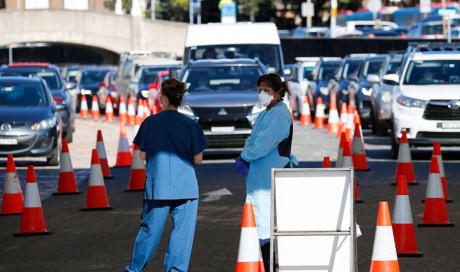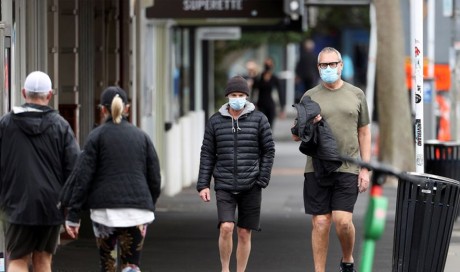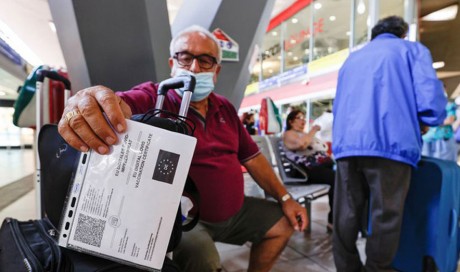Third casualty
Turnbull's shadow cabinet endorses the deal, but in a series of uproarious party meetings his party turns against him.
Senior shadow ministers quit in protest, and a leadership vote turns into an unwieldy three-way race between Mr Turnbull, moderate frontbencher Joe Hockey, and Mr Abbott.
Mr Abbott — running as a climate sceptic whose reported remark that "climate change is crap" is widely circulated — wins by a single vote on December 1, 2009. The CPRS loses bipartisan support.
When put to the Parliament, it is defeated, though Mr Turnbull crosses the floor to support the legislation.

The next global landmark for climate change strategy is the December 2009 UN Copenhagen climate summit, in which Mr Rudd takes a deep personal interest.
He and Senator Wong attend the summit, engaging in a frenetic and sleepless attempt to construct a global framework that will address developed countries as well as emerging and high-polluting economies like China and India. It fails.
Mr Rudd returns to Australia exhausted and disillusioned.
Fourth casualty
Mr Rudd and his cabinet privately decide in April 2010 that in view of the political risk and the hostility of the Parliament, they will not persist with the legislation to introduce the CPRS.
Newspaper reports of the reversal — a stunning one given the depth of Mr Rudd's previous commitment to carbon abatement — are followed by an immediate crash in Mr Rudd's popularity and within months, he is removed as Labor leader and prime minister by his own caucus.

New Labor prime minister Julia Gillard insists that the party remains committed to climate change mitigation.
At the 2010 election she proposes a "citizens' assembly" on the matter and maintains support for emissions trading.
When pressed, she promises that there will be "no carbon tax under a government I lead".
The election results in a hung parliament but Ms Gillard retains power when after weeks of negotiations she secures the support of conservative independents Tony Windsor and Rob Oakeshott.
She signs a deal with the Greens and commences negotiations on a new "carbon pricing scheme" which will begin with a fixed carbon price and graduate to a floating market price.
Ms Gillard acknowledges that this constitutes a temporary "carbon tax".
Opposition leader Mr Abbott's campaign to "axe the tax" is born. The scheme is legislated.
Fifth casualty
Ms Gillard — despite the significant amount of legislation passed by her minority Government — is besieged by internal strife, criticism of her emissions trading scheme and a high rate of refugee boat arrivals.
She is deposed in June 2013 by Mr Rudd, who leads the party to the 2013 federal election, only to be crushed by Opposition leader Mr Abbott.
As promised, Mr Abbott "axes the tax" and the carbon pricing scheme is largely abolished in July 2014.
...[ Continue to next page ]
Share This Post














